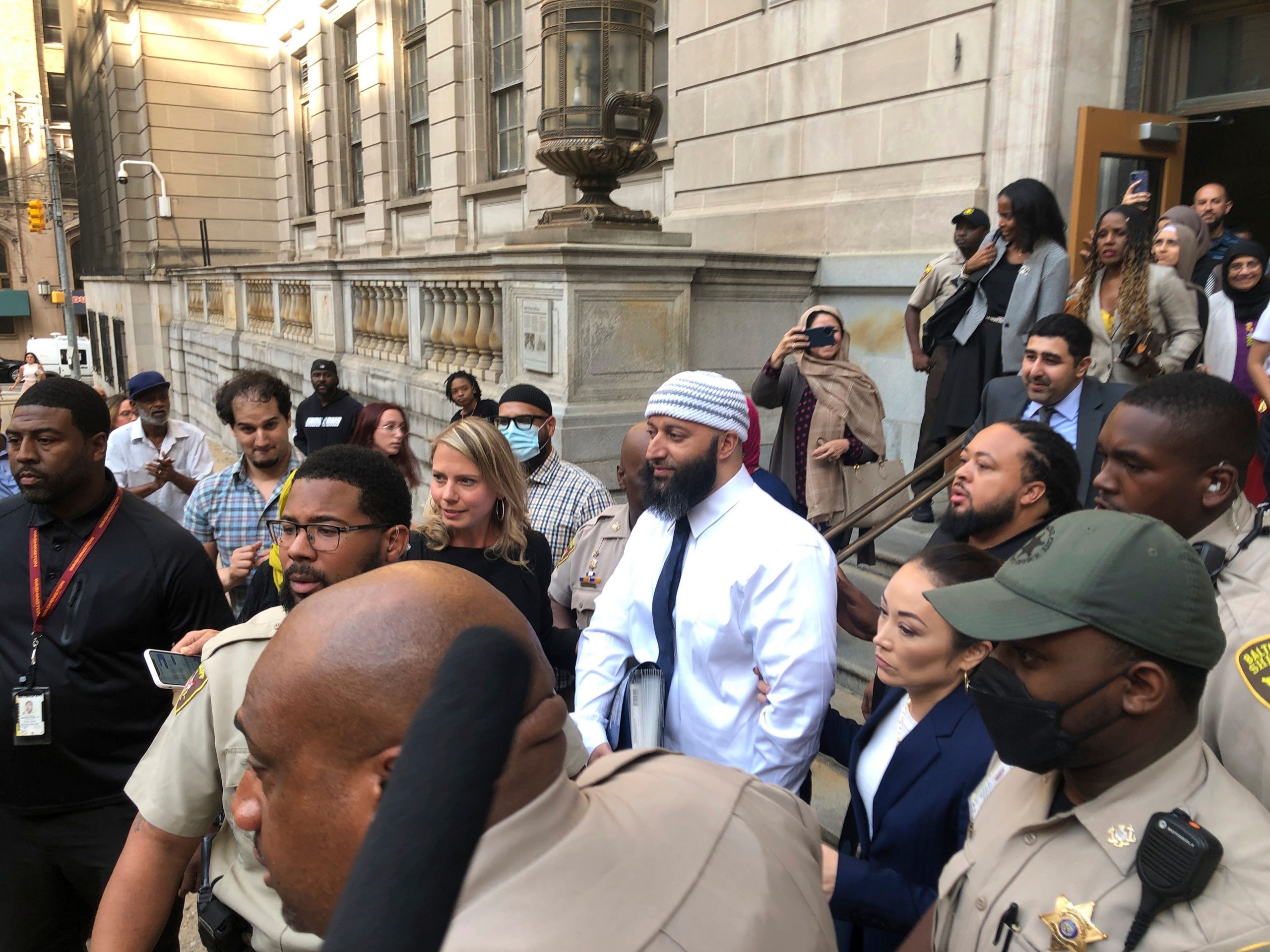Adnan Syed filed an appeal in the US Supreme Court to review his decades-old conviction for the killing of high school student Hae Min Lee. The plea was rejected by the top court in 2019. Baltimore Circuit Court Judge Melissa Phinn took up the case earlier this year and reversed Adnan Syed’s conviction, which was featured in the hit podcast Serial, a true-crime series.
The Supreme Court did not provide any reason to reject the case at the time. “We think it’s appalling”, Syed’s then-lawyer Justin Brown told NPR in an interview in 2019.
Also Read: Adnan Syed case: All about other suspects in Hae Min Lee’s murder
“Two courts have said he deserves a new trial, and then Maryland’s highest court reversed that. We think this is a grave injustice. The way this has played out is sickening”, Justin Brown added.
The Court of Appeals agreed with a lower court that Syed’s legal counsel was deficient in failing to investigate an alibi witness, but it disagreed that the deficiency prejudiced the case. The court said Syed waived his ineffective counsel claim.
Adnan Syed walked out of the courtroom on Monday, nearly 23 years after he was convicted for the killing of Lee. Syed maintained his innocence through the years. The case then featured on the popular podcast Series, making it a dinner table conversation for most households in the United States.
Also Read: 1999 Hae Min Lee murder case: A timeline of Adnan Syed’s trials
Phinn, on Monday, ruled that the state violated its legal obligation to share evidence that could have bolstered Syed’s defense. She ordered Syed to be placed in home detention with GPS location monitoring. The judge also said the state must decide whether to seek a new trial date or dismiss the case within 30 days.
Syed did not speak during the hearing, nor did he address the reporters outside afterward. But after the hearing, his lawyer Erica Suter described his reaction to the decision, saying: “He said he couldn’t believe it’s real.”







